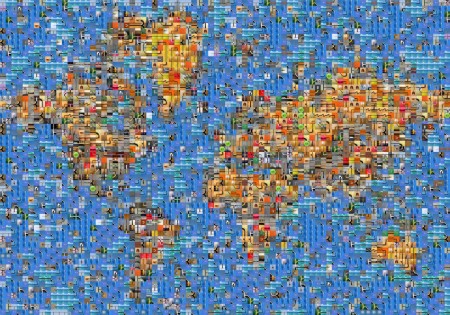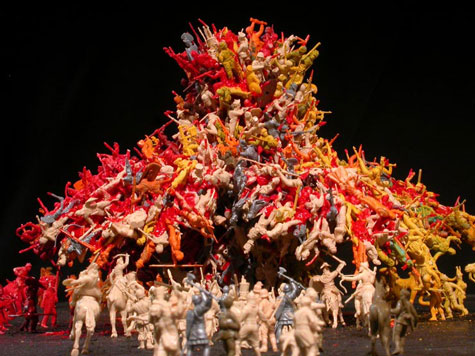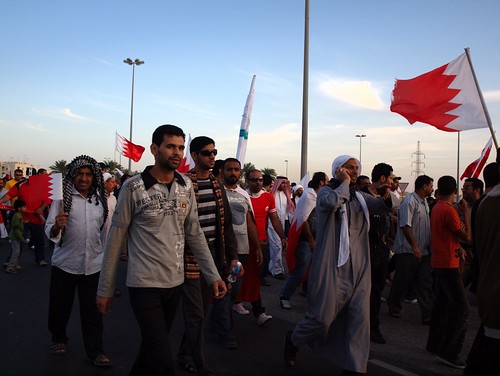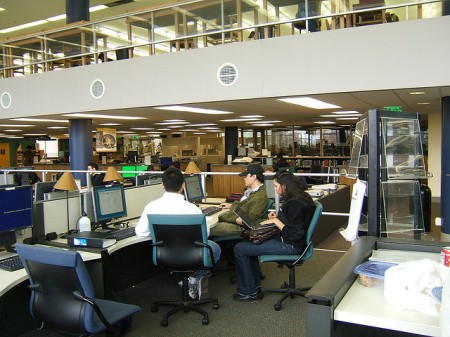
This article was originally published by the the Centre for European Policy Studies (CEPS) on 11 May 2016.
On both sides of the Atlantic, populism on the left and the right is on the rise. Its most visible standard-bearer in the United States is Donald Trump, the Republican Party’s presumptive presidential nominee. In Europe, there are many strands – from Spain’s leftist Podemos party to France’s right-wing National Front – but all share the same opposition to centrist parties and to the establishment in general. What accounts for voters’ growing revolt against the status quo?
The prevailing explanation is that rising populism amounts to a rebellion by ‘globalisation’s losers’. By pursuing successive rounds of trade liberalisation, the logic goes, leaders in the US and Europe ‘hollowed out’ the domestic manufacturing base, reducing the availability of high-paying jobs for low-skilled workers, who now have to choose between protracted unemployment and menial service-sector jobs. Fed up, those workers are now supposedly rejecting establishment parties for having spearheaded this ‘elite project’.




